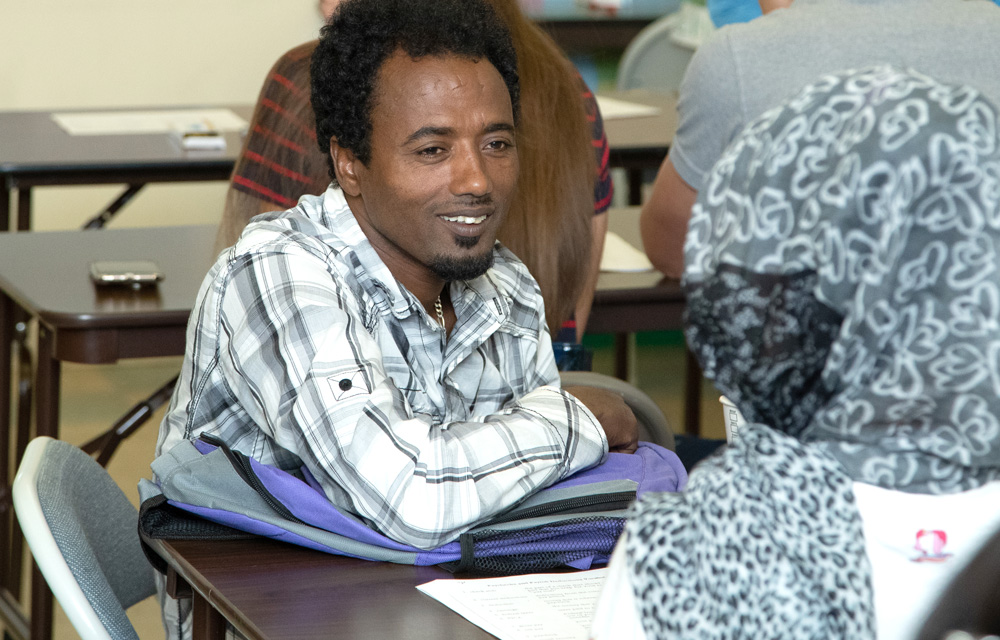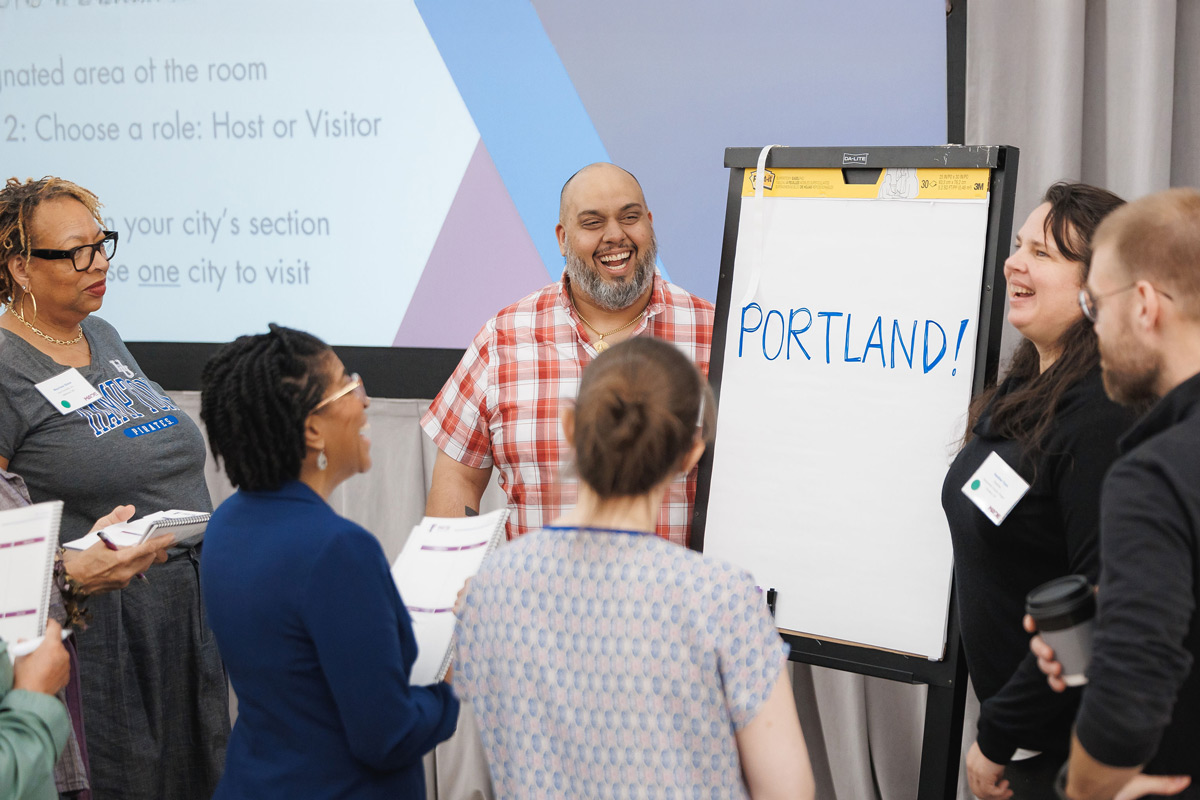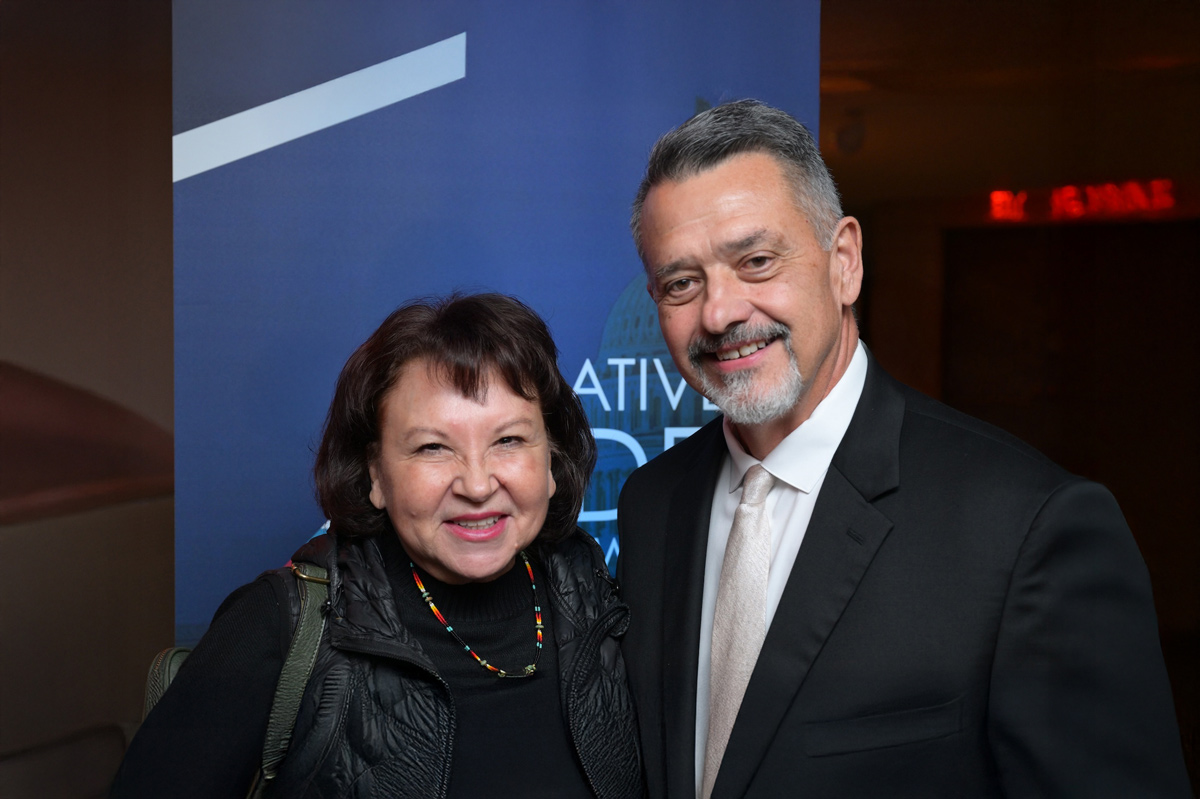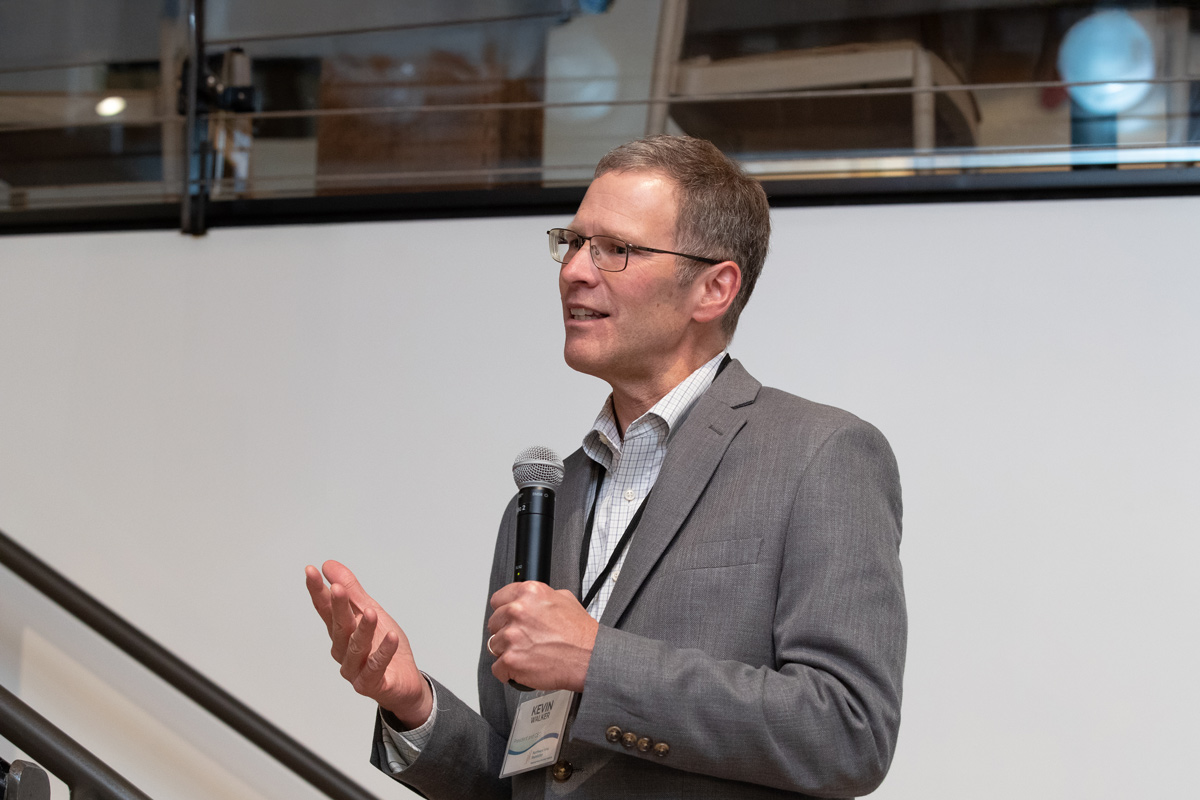This year’s cascading crises led our board and staff to the decision to award an additional $2 million in grants in 2020 and 2021. Here’s what we’re planning to do.
I’ve been with the Foundation since 2002. Over these 18 years, I’ve built relationships with a lot of amazing people doing vital, community-building work. It’s a joy to learn what they do and how they do it—and to be part of providing grant support and program-related investments (PRIs) that help them continue and thrive.
Systems need to change, and that begins with individuals.
Our Foundation is on an ongoing diversity, equity, and inclusion journey. We know that we need to work individually, and also together as an organization, to advance sustainable systemic change.
About a year ago, we held a racial equity workshop that centered on examining public policies that appear to benefit everyone but are actually structured to disadvantage some Americans. One policy we examined is the GI Bill, which veterans of color struggled to access because of discriminatory barriers to accessing its education and financial benefits.
My father was able to obtain a college degree because of funding from the GI Bill. That wasn’t the case for more than a million World War II Black vets whom the GI Bill excluded. So, although the GI Bill created opportunity, my father—and my family by extension—benefited in ways that we wouldn’t have been able to if we were Black.
This kind of systemic racism is found in many supposedly race-neutral policies that have very inequitable impacts. And, this has been intentional.
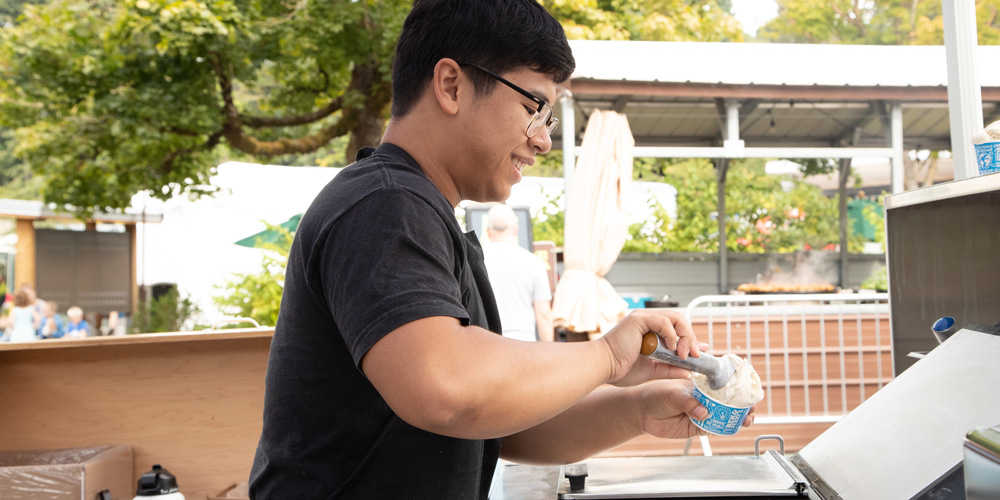
The need for change is urgent, and passivity is no longer an option.
If 2020 should teach us anything, it’s that remaining passive isn’t an option. I find inspiration in author and icon James Baldwin’s words: “We made the world we’re living in and we have to make it over.”
We all have a hand in the status quo, so we all have to be part of making change. Especially white people. We need to learn about how we’ve historically and systemically gained advantages because of systems built with an inherent bias.
Then we can use that knowledge to be a part of dismantling the attitudes and systems that keep disadvantage alive. Each person who commits to being part of that change will make a difference.
Our grantee partners have been getting amazing traction in making effective change in and for the communities they serve. But 2020 keeps lobbing new challenges and disruptions at us, particularly for communities that have already been disadvantaged for too long.
One way my colleagues and I here at the Foundation can be part of the racial-equity makeover this country needs is by helping the change-making grantee partners we serve survive the current crises.
“If 2020 should teach us anything, it’s that remaining passive isn’t an option. I find inspiration in author and icon James Baldwin’s words: ‘We made the world we’re living in and we have to make it over.’”
Change is happening—and our grantees are leading the way.
We’re all enriched when grantees help their vibrant, diverse communities thrive on their own terms. We’re committed to doing that by following their lead—by supporting our grantees’ solutions to systemic inequities. We seek out and fund grantees that are using culturally determined strategies that build on the strengths of the resilient people they serve.
When the lockdown happened in mid-March, our program team discussed how to address the COVID-19 crisis, which even then looked like it would have long-term repercussions for our priority communities—Native Americans, communities of color, immigrants and refugees, and people in rural areas across our Foundation’s service region of eight states and 76 Native nations that share the same geography.
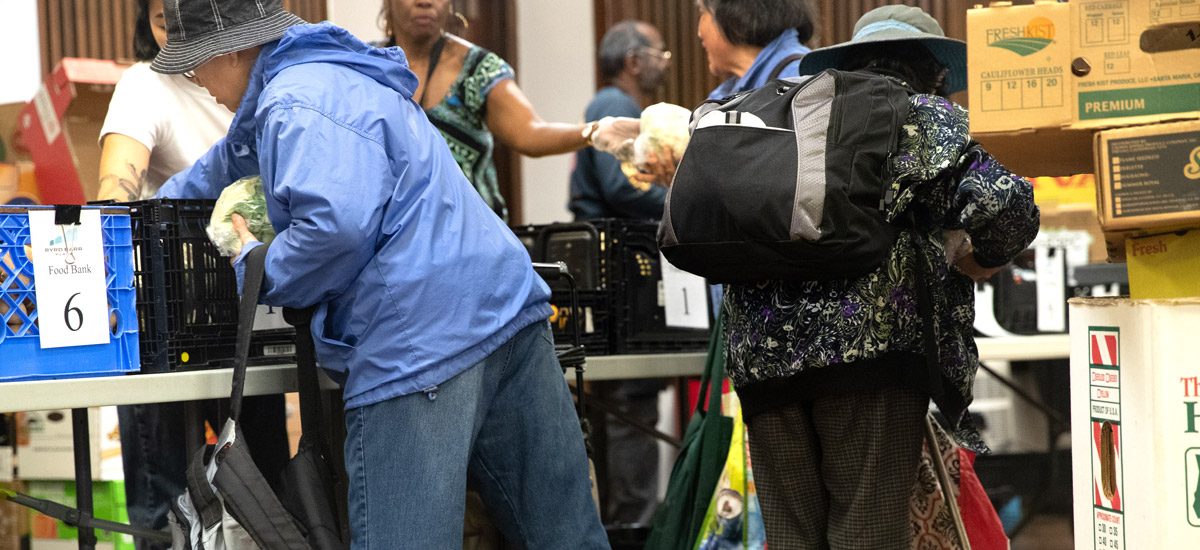
Our initial responses were to be as flexible as possible to grantee needs.
We took our usual go-to approach, asking our grantees how we could best support them as they serve their communities. After extensive conversations, we had a clearer idea of how to help:
CONVERT EARMARKED GRANTS TO GENERAL OPERATING FUNDS.
A number of program-centered grants were converted to general operating funds, providing grantees the flexibility to shift dollars wherever they will have the most immediate impact in this time of crisis.
RELAX REPORTING EXPECTATIONS.
In some cases, reporting requirements were pushed back or waived so grantees could spend their time in direct assistance to their communities rather than on administrative tasks for our Foundation.
FORGIVE INTEREST PAYMENTS.
Additionally, for our PRIs, part of our mission investing strategy, we offered interest forgiveness for a 12-month period.
DISTRIBUTE MORE GRANT DOLLARS.
All of these responses were based on the understanding that our priority communities were the hardest hit by the COVID-19 crisis—both in terms of health and economics. We determined that our Foundation could do even more. As a team, we collaborated on how we could increase our total grantmaking dollars over the next two years.
But we also wanted to increase the amount of dollars we could give to grantees.
In mid-May, our Foundation board approved an additional $2 million—beyond the planned $16 million—available in budgeted grants for this year and next. Just a few days later, George Floyd was killed when a Minneapolis police officer kneeled on his neck for more than eight minutes, prompting protests and demands for racial equity in the Twin Cities and across the country.
As we started looking at how to allocate these additional grant dollars, which we’d been thinking of as a COVID-19 response, we needed to recognize that we’re in a moment of multiple, interwoven crises. We’re living through a health crisis that led to an economic crisis—both of which shine a harsh spotlight on the long-standing crisis of racial injustice entrenched in centuries of systemic inequity.
So instead of thinking of the additional allocated funds as a COVID-19 response, our board approved of conceiving of them more broadly—as a response to the enmeshed health, economic, and racial-equity crises we’re all facing at the moment.
“We’re living through a health crisis that led to an economic crisis—both of which shine a harsh spotlight on the long-standing crisis of racial injustice entrenched in centuries of systemic inequity.”
Our grantees are implementing innovative, effective responses to the current crises.
As of mid-September, we’ve awarded $1.2 million of the additional $2 million available for grantmaking in 2020. Among those were grants to funds created by two of our long-term partners.
Metropolitan Economic Development Association (MEDA) will use a two-year, $150,000 grant to support the emergence of Catalyst, a collaboration created by the leaders of six Minnesota-based nonprofit community organizations. Catalyst’s mission is increasing the quantity and quality of support for Black, Indigenous, and people of color (BIPOC)- and immigrant-owned small businesses in the Twin Cities and throughout Minnesota—preventing loss of jobs and wealth in communities of color.
Seattle Foundation is hosting the launch of Black Future Co-op Fund, a new collaboration created by four Black women who are leaders in Washington State’s nonprofit community—Andrea Caupain Sanderson of Byrd Barr Place, Michelle Y. Merriweather of the Urban League of Metropolitan Seattle, Angela Jones of Washington STEM, and T’wina Nobles of the Tacoma Urban League. Seattle Foundation will use our $300,000 grant to help the new fund create a $25 million pool for grants and direct support for Black-led organizations and efforts across Washington.
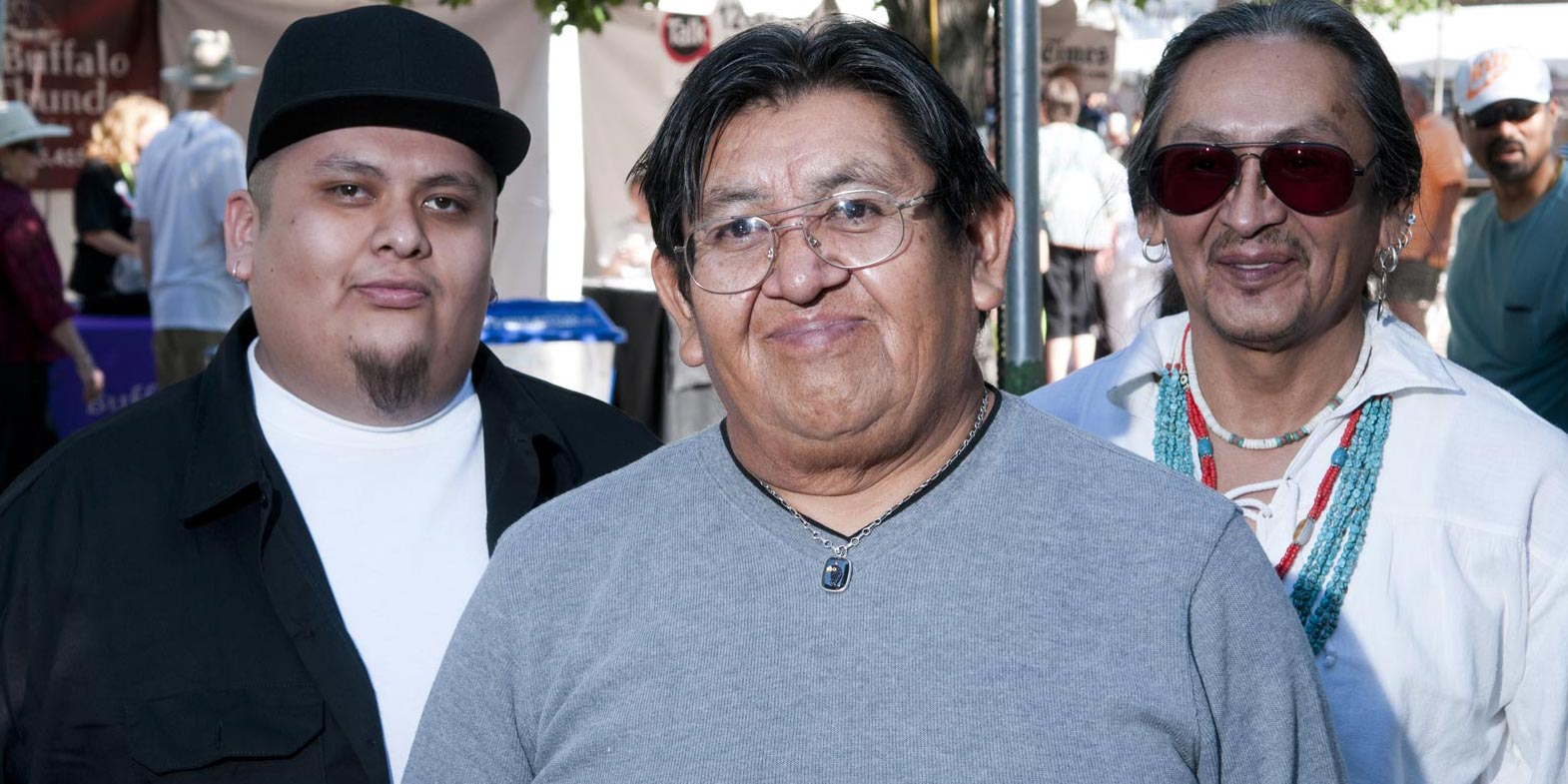
We also funded a three-year, $200,000 grant to NDN Fund, an emerging Native community development financial institution (Native CDFI). NDN Fund is the impact investing and lending arm of NDN Collective. Its new COVID-19 Response Project responds to the devastating impact of COVID-19 on Native communities and businesses. The grant will be used as a loan loss reserve for the new relief and resilience loan portfolio, which aims to help Native-led businesses and tribal enterprises survive the current crises.
Plus, as we announced this summer, Nexus Community Partners will use a $500,000 grant to support the newly established Minnesota Holistic Black-Led Movement Fund, a long-term funding pool that will support Black-led efforts to advance racial justice in Minnesota. The fund will be administered by Nexus Community Partners in close partnership with Black Visions Collective, a Twin Cities-based, Black-led grassroots organization that works to create equity and safety for all Black people.
Each of these organizations is a trusted member of its community—something along the lines of a first responder. Our grantees are on the ground, reaching out to help their neighbors. Our Foundation’s support allows them to advance the work they’re already doing so well: building capacity and financial stability in their communities.
Sign up to our email list to receive future updates.
Author
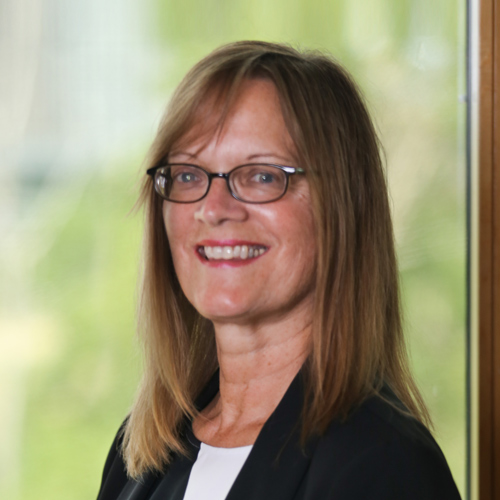
Karla Miller
Program Director, Northwest Area Foundation (Retired April 2025)
Catalyst is helping BIPOC- and immigrant-owned businesses overcome crisis—and thrive.
The Catalyst collaborators are working together to strengthen the ecosystem for BIPOC- and immigrant-owned businesses. Catalyst partners are helping business owners adapt operations, navigate the economic downturn, and prepare to emerge after the downturn. The consortium estimates 2,400 businesses in their communities are at risk of failure. The relationship-based approaches of Catalyst members position them to build trust and best serve the needs of businesses to thrive.
African Development Center (ADC)
African Economic Development Solutions (AEDS)
Community Reinvestment Fund (CRF)
Latino Economic Development Center (LEDC)

